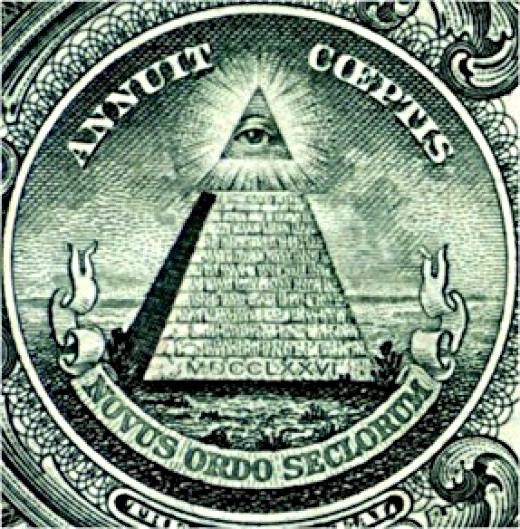“Liberty, when it begins to take root, is a plant of rapid growth.”
- George Washington
Egypt’s Hosni Mubarak stepped down today after nearly three decades of authoritarian rule. He was a staunch U.S. ally, who helped promote Middle East peace but also purportedly stole billions from the country, brutally suppressed dissent, and tortured his enemies.
During my visit to Egypt in December, the simmering tension among the populace was palpable. The Egyptians were holding elections and protests erupted. The voters felt that the elections were pre-ordained and their choices did not matter. Multiple Egyptians explained that they did not hate Mubarak but felt he had lost touch with them. Egypt wanted change. And their words were falling upon deaf authoritarian ears.
So accustomed to American liberty, I could not truly appreciate their frustration. And so accustomed to American political stability, I did not foresee that this anger would lead to a revolution.
I suspect a great deal of the Egyptians’ outrage stemmed from the nation’s poor economic conditions. The worldwide recession hit Egypt hard, especially as American and European tourist dollars dried up. People wandered the streets hoping to carry a tourist’s bag for him, taxi a foreign businessman in a makeshift cab, or just take a picture of a vacationing couple – just so they could get a couple dollars tip. Small children knew only a few words in English – and they were “Hi, give me money!” If no one gave them any, they would let lose some of their favorite English expletives or even throw trash.
The Egyptians are a very proud people and deeply resented their desperate need. They resented having to sell trinkets on the street rather than use their – often vast – education and skills to their fullest.
And to them, Mubarak had not done enough. I saw signs touting his construction projects, including new highways lined with beautiful flowers and historical restoration efforts. In fact, the government was the major employer for the country. But Mubarak’s small paychecks and smiling face on billboards was not enough. The Egyptians wanted change and now they have obtained it.
The Founding Fathers would have applauded the Egyptians’ quest for greater liberty. As you would suspect, Washington applauded freedom and derided despotism. He saw the Revolution as a shining light that would illuminate to the world the virtues of liberty. As such, Washington likely would have applauded the Egyptians – especially for their relatively peaceful protests. As the United States’ protests against Britain were inching towards war, Washington grappled with issue of rebellion:
“At a time, when our lordly masters in Great Britain will be satisfied with nothing less than the deprivation of American freedom, it seems highly necessary that something should be done to avert the stroke, and maintain the liberty, which we have derived from our ancestors. But the manner of doing it, to answer the purpose effectually, is the point in question. That no man should scruple, or hesitate a moment, to use arms in defence of so valuable a blessing, on which all the good and evil of life depends, is clearly my opinion. Yet arms, I would beg leave to add, should be the last resource, the dernier resort.”
The Egyptians did just that.
But let us just hope that John Adams’s foreboding words do not come to pass in Egypt: “Democracy… while it lasts is more bloody than either aristocracy or monarchy. Remember, democracy never lasts long. It soon wastes, exhausts, and murders itself. There is never a democracy that did not commit suicide.” For while the Founding Fathers were staunch advocates of liberty, they also feared the effects of pure mob rule.
Washington would hope that the Egyptian revolution results in a stable republic that protects the fundamental rights of all Egyptians. While he advocated freedom and liberty, he also thought a government without adequate safeguards to protect the minority against the majority was also dangerous: “A democracy is nothing more than mob rule, where fifty-one percent of the people may take away the rights of the other forty-nine.”

